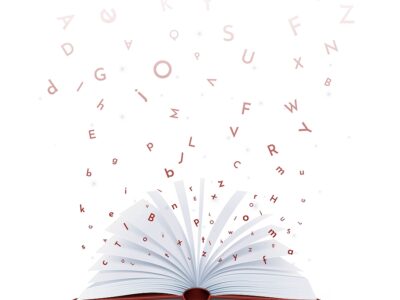I’m a firm believer in helpful habits, systems, and rituals. Such things can grease the writing wheels, so to speak. That may not be the right metaphor; but you catch my drift, right? So not long ago I asked some writer friends (I have friends, I really do. “Mom, they’re picking on me again!”) to tell me about their writing rituals, in the hope that readers of this blog might find the information useful. Here’s what they said:
When it’s time to write, I head up to my studio. I sit in my writing chair, turn on my Christian instrumental playlist, start a Toggl timer, open up Scrivener, and begin to write or at least think about writing (Crystal Storms).
I do two things on writing days: burn lavender incense and turn on my lighted globe. The sweet aroma relaxes me, and the lighted globe reminds me of my promise to God to “go and tell” (Michelle Shocklee, award-winning author of Count the Night by Stars).
I carry two water glasses and a lemonade to work with me. I set one water on each side of my keyboard, so I can grab with either hand, and the lemonade is a treat. But once I get seated, I always say, “Okay, Lord, what are we writing today? Take me, use me” (Cindy Sproles, author of Appalachian fiction and devotional nonfiction).
I listen to instrumental music while I write because it boosts my concentration (Rob Currie, author of Hunger Winter: A World War II Novel).
I have a fruity ritual.… I sit down at my computer and look over at the stack of books I’ve already written and published and I pray something like this…. “Lord, you enabled me to write each of these books, please help me to write today… give me your wisdom and insight and write through me. Amen.” Somehow just looking at the work I’ve already completed gives me the confidence to tackle current projects (Michele Howe, author of Serving As Jesus Served).
I set myself up at my laptop with notes and resources, then the last thing I do before I start writing is take the dog out one more time! If I forget, invariably she’ll whine to go out just as my fingers are flying over the keyboard and the words are flowing. Those interruptions are painful (Ava Pennington, author of Reflections on the Names of God).
I grab a cup of coffee, a water bottle, and my walking shoes because I write on the go. I write on my treadmill. Walking helps me think. I’m pleased to report I’ve logged many miles and not one spill of coffee or water or one topple off the treadmill (Jean Wilund, author of Embracing Joy: An 8-Week Transformational Bible Study of Habakkuk).
So, what are your writing rituals? Do you wear a certain sweater when you write? Make the sign of the cross? Light a candle as you start? Sip a cuppa? Do tell, please.









